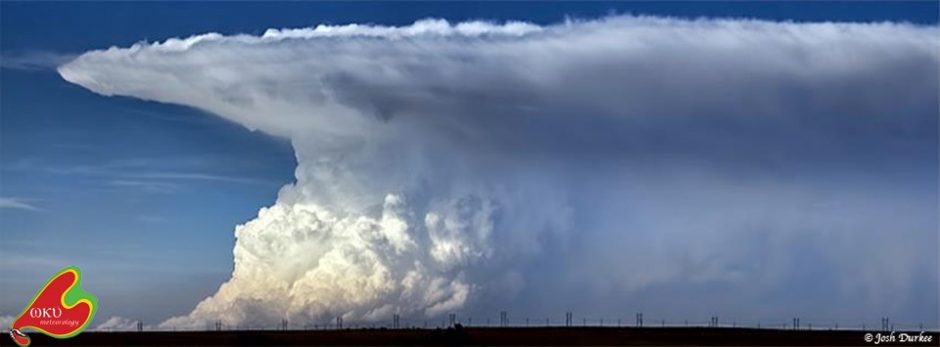I know that a lot of people around the Mid-South are probably thinking that the extreme heat of August 2007 was caused by global warming or that it is a “sign” of some sort from Mother Nature. This is nonsense. Just a few short years ago August 2004 was the 4th coldest August since 1896 and was as freakishly cool as August 2007 was freakishly hot. And don’t forget about the cool and wet June 2003 (6th coolest June with nine inches of rain).
Using Bowling Green as an example, here is a look at two freakish Augusts that were only a few years apart
August 2007: Hottest August (and hottest of any month) ever recorded at Bowling Green (85.1 F) including highest August (3rd highest of any month) mean high temperature (98.1 F) and highest August (and highest of any month) mean low temperature (72.1 F). Four new high temperature records and four new high minimum records were established including a high temperature of 106, which was part of 9 days of 100 degrees or greater. In all, there were 30 days of 90 degrees F or greater including the 2nd longest streak of days of 95 or higher (22).
August 2004: 4th coldest August ever recorded at Bowling Green (72.1 F) including 3rd lowest mean high temperature (82.4 F) and 6th lowest mean low temperature (61.9 F). Two new low temperature records and one new low maxmimum record was established, including a low temperature of 49 degrees, which was one of only seven morning lows less than 50 degrees recorded in August since 1950. In all, the highest temperature of the month was 91 degrees and there were ten days with a high temperature less than 80 degrees, including one day where the high temperature only reached 69 degrees!!
What does it mean?
Both months were characterized by a repetitive weather pattern (2007 = ridge; 2004 = trough) that happened to perfectly match the calendar (as opposed to starting and ending mid-month). While the 2007 August heat wave had the positive feedback of the dry ground from the drought to enhance the heat, the 2004 cold snap is almost more remarkable in that there is no positive feedback mechanism to enhance cool temperatures during summer. Even more, the 2004 cold summer persisted during two months as July 2004 was the 6th coolest July in history.
To further suggest that the summer of 2007 is not linked to global warming, here is the percentile ranking of the past eight summer since 2000. (1st = coldest; 100th = hottest)
Year | Percentile rank
2000: 30th
2001: 40th
2002: 74th
2003: 11th
2004: 5th
2005: 67th
2006: 54rd
2007: 94th
This shows that four of the past eight summers have been cooler than the long-term mean and that nearly each quartile is represented twice. Statistically, Bowling Green and the Mid-South was due for a hot summer.
